Miscellany 3
Much ado about Russia—also the "rebugnant" conclusion and more Spanish political art
I enjoyed reading this written debate, published in Prospect Magazine in 2000, between Anne Applebaum and guest of the pod/friend of the blog Anatol Lieven on the evilness of Nazism and Soviet communism. Lieven thinks that Nazis were in a league of their own in terms of evilness; Applebaum thinks that the evilness of the USSR is underappreciated in the West. They go on to clash over the second Chechen War and whether post-Soviet Russia inherited some kind of evilness from the USSR.
Philosopher Hedda Hassel Mørch writing in Nautilus on philosophy of mind (from her article Is Everyone the Same Person?):
To defend an individual self, one would have to identify some feature—either physical or mental—that is always present throughout a human lifespan, but cannot also be shared with other individuals. To support the existence of a shared self, we instead need to look for something that all humans invariably do share.
As Zuboff argues—echoing both Schopenhauer and the Vedas—there is a clear candidate for such a feature. At any point of your existence, you will be having a conscious experience (or at least the potential for it, as in deep sleep as opposed to death). All your conscious experiences are such that you have to be directly aware of them (at least at the time, and place, they are occurring). That is, your experiences always have a subjective presence, a kind of luminosity with which they shine and appear right before you.
Cool 1691 map of Poland. It took me a while, but I eventually located where I think my great-great-grandparents’ shtetl, Antopal (Антополь, אנטיפאליע), was:
Unfortunately, prominent fascist prick Stephen Miller also has ancestors from Antopal, so we might be like fourth cousins.
Here’s a nifty little chart by Karthik Sankaran on whether or not your country’s economy is screwed, based on the status of its budget, bonds, currency, and financial conditions (borrowing costs). See his accompanying Financial Times column to better understand the chart. In my view, America is in the “You’re soooo screwed” category because it has an expansionary budget, rising Treasury yields, and a depreciating currency (thanks to the Liberation Day tariffs). Even though a weaker dollar should in theory ease financial conditions in the US, America is experiencing capital flight which will outweigh the positive effect of a weaker dollar by tanking stocks and bonds (making it hard for firms to raise funds). A weaker dollar should normally ease conditions for America by boosting exports and foreign investment, but capital flight–driven depreciation probably means:
Investor confidence will collapse.
The Fed will have to hike rates (to entice investors to keep their capital in the US). This will restrict credit and slow economic activity.
Risk premiums will go up (because investors are wary of economic instability), raising the cost of capital across the US.
Very cool cartoon by Jason Novak on consciousness.
Dmitri Shostakovich composed his seventh symphony in Leningrad while it was under German siege in 1941. Its Leningrad première occurred during the siege and was preceded by a Soviet attack on German positions to ensure an uninterrupted performance. Multiple musicians died during rehearsal due to exhaustion and starvation from the siege.
Shostakovich’s 7th has perhaps my favourite opening to a symphony ever (Khachaturian’s 3rd and Beethoven’s 9th are close contenders).
Here’s Dmitri himself playing a bit from the first movement on piano:1

Since the US is currently embracing a form of particularly odious autarkic imperialism, now is a good time to calm the beast of American hubris. For example, while White House press secretary Karoline Leavitt thinks the French should be grateful to America that they’re not speaking German right now, I would emphasize that the Chinese and the Soviets—not the Americans—bore the brunt of World War II.
In America, few people celebrate—let alone know the dates of—Victory in Europe Day or Victory Over Japan Day (May 8 and September 2, respectively). In China and Russia, however, these dates are extremely important.2
I think it would be good for people in the West to stop viewing China and Russia as cartoonishly evil empires set on world domination and to use their cognitive empathy to try to understand how the Chinese and Russians view the world. We are not destined for war with them, though we seem to be careening down a path toward World War III. I believe the United States made many mistakes over the last 30 years which made conflict with China and Russia more likely. We should stop making those mistakes.
An analysis by Air-Moving Device suggests that DOGE is preferentially cancelling grants and contracts in liberal counties. He explains his data and methodology here.
Friend of the blog
makes a convincing case for the rebugnant conclusion (that our impact on insects is orders of magnitude more important than everything else). Basically, it’s quite plausible that insects are sentient; there are a lot of them (somewhere around 10^18); and around 600 billion insects perish every second. If they suffer, then their suffering is clearly the worst thing ever.I wrote very briefly about the rebugnant conclusion last month in my essay On Loving Animals after chatting with Bentham about it. Here’s what I had to say:
I suspect that the correct moral thing to do, in light of [the fact that the moral impact of our decisions mostly concerns bugs], is bizarre. I don’t know what it is; and I don’t even know if humans have had a net-positive or net-negative impact on insect welfare. But I’m pretty sure the right course of action will not be something that is convenient or socially acceptable or perfectly within the realm of normal ethical beliefs.
Mercury, not Venus or Mars, is the closest planet to Earth on average.
Loyal readers of Theo’s Take will know that I’m a big critic of US foreign policy and that I view the new cold war with Russia as immensely stupid and largely caused by America. If you think I’m a crazy tankie, you should check out this article in the American Interest from 2007 called Don’t Feed the Bear by Paul Stephan and Hugh Ragsdale on how American foreign policy makers misunderstand Russia, and how their ill-conceived policies would worsen tensions with Russia and fail to make it a Western-style liberal democracy. I think they were extremely prescient.
Friend of the blog
composed this beautiful and devastating response to Lyman Stone—a.k.a. Substack’s number-one shrimp hater—who claimed that “as a historical fact Palestinians did bring the Nakba on themselves”:I find it hard to accept that any group of people can bring an ethnic cleansing upon themselves. Even if there was a legitimate casus belli (a premise that is at the very least highly contestable) for the 1948 war, civilians did not bring the violence upon themselves - fleeing their homes to avoid mass violence is not an admission on guilt, it is a desire to survive. No cause for war, no matter how righteous could possibly justify the extent of direct civilian targeting, intentional displacement, and campaign of ethnic cleansing that was the Nakba. No civilian, no matter how repugnant the politics of their countrymen may be, could possibly bring something like the Nakba upon themselves. We do not say this of the Darfuris, nor the Kurds, nor the Armenians and yet with the Palestinians they must not only bear the burden of tragedy, but people like you expect them to bear the guilt of it too.
Liberation Day was a victorious day for all mercantilists and probably a terrible day for the American working class and everyone else in the world. That’s right, I’ll stick my neck out and say it: trade is good and protectionism is bad. Nonetheless, the conversation on free trade, tariffs, and manufacturing suffers from simplicity. Merely posting the below graph and claiming that NAFTA and China’s accession to the WTO couldn’t have harmed American workers is silly:
As guest of the pod/friend of the blog
has noted, “trade deals were focused on making it as easy as possible to import manufactured goods, putting [US] manufacturing workers in direct competition with low paid workers in China, Mexico, and elsewhere . . . . This had the predicted and actual effect of costing millions of manufacturing jobs and sharply reducing the pay in the ones that remain.” He points out that there’s another graph worth analyzing:Clearly, American manufacturing got hit hard immediately after NAFTA and China’s accession to the WTO. I tend to be a big free trader who believes the collective benefits of trade outweigh the concentrated harms, but I strongly believe that the government should play a role in helping those who lose their jobs to foreign competition (through local infrastructure projects, retraining programs, handing out checks, and the like). As I wrote in what I view as my best blog, “rural working-class communities that depended on manufacturing suffered from decades of neoliberal policies like free trade, which were supported by Democrats and Republicans alike. And then, in 2016, the first major-party candidate in a long time to reject free trade came along: Donald Trump . . . . Trump voters chose Trump because they liked his policies [not because they’re racist].”
It’s all so much stupider than you could ever imagine:
How will AI change in the next two years? Check out this in-depth, meticulously researched prediction from Daniel Kokotajlo, Scott Alexander, Thomas Larsen, Eli Lifland, and Romeo Dean. Here’s what they say for late 2026:
AI has started to take jobs, but has also created new ones. The stock market has gone up 30% in 2026, led by OpenBrain, Nvidia, and whichever companies have most successfully integrated AI assistants. The job market for junior software engineers is in turmoil: the AIs can do everything taught by a CS degree, but people who know how to manage and quality-control teams of AIs are making a killing. Business gurus tell job seekers that familiarity with AI is the most important skill to put on a resume. Many people fear that the next wave of AIs will come for their jobs; there is a 10,000 person anti-AI protest in DC.
Some political art spotted in Pamplona/Iruña
And some political art in San Sebastián-Donostia:

Friend of the blog
wrote a great piece about why we don’t need to fight China called There Doesn’t Have to Be a Second Cold War. This is because China is different from the USSR in a few crucial ways—namely, it’s not trying to export its ideology around the world in a way that threatens international law or the West. Also China is generally supportive of international law and the post-WWII international order (unlike the United States and Russia).I agree strongly with Glenn. I view good relations with China as absolutely crucial. The greatest threats to the West are also threats faced by China, such as pandemics, bio-weapons, nuclear risk, climate change, and AI risk. These problems can only be addressed at the international level because they entail collective action problems and because they cannot be contained by national borders.
is one of the most eloquent China doves, in my view.Friend of the blog
wrote a very nice piece applying Dual Process Theory to politics. He writes:[M]ost people don’t have the time, energy, or inclination to devote significant mental compute to politics. This means that successful politicians will naturally tailor their messages toward System 1 thinking, relying on slogans, inspiring rhetoric, and simple, easy-to-digest ideas rather than detailed policy discussions.
Or consider why political debates rarely change minds in the moment. This would be expected under Dual Process Politics because truly reconsidering a position requires cognitive effort—stopping to think, weighing arguments, and engaging System 2.
According to the Institute for Policy Studies, in 2024, the average US taxpayer paid:
$3,707 for weapons and war. Of this, $1,430 went toward all Pentagon contractors.
$98 for deportations, immigrant detentions and border militarization.
$26 for refugee assistance, which the Trump administration has frozen.
$149 for the National Institutes of Health, home of lifesaving medical and cancer research.
$39 for USAID, the international aid program that provides lifesaving food and medical help to millions.
One penny for the Interagency Council on Homelessness that coordinates across agencies to end homelessness.
I enjoyed this brain-melting short story/essay by
. If you can figure out what it means, please let me know.I fear we’re approaching a critical moment where it all comes to a head. Will Trump order the justice department not to fulfill a court order to arrest a Trump official for contempt of court?
I say that “if we want to call the Houthis Nazis or Hitler-esque because they hate Jews, that's fine. What we can't do is then jump to the implication that we must go to war with them. This is because they pose little threat, and it would be far easier (and far more just) to dissuade their antics by forcing Israel to accept a ceasefire.”
Ali rightly notes that a principle for attacking everyone with Nazi-esque views would lead to horrible outcomes.
Glenn says “mass murder isn’t justified to make some idiotic, totally symbolic point about the imagined moral purity of American foreign policy (ironically while you partner with a country whose leadership is under indictment for war crimes and a despotic absolute monarchy that beheads people for fake crimes like witchcraft).”
Re classical music, I recently discovered Camargo Guarnieri’s (whose real first name is actually Mozart) second symphony, which is absolutely magnificent:
Also see Brian Hanke’s unbelievable transciption of the piece for piano, which includes a ~ten-minute section in the middle where the left hand plays unrelenting 16th-notes (to mimic the snare part).
While the world has changed a lot in the last 80 years, I doubt it escapes China and Russia’s attention that America is now in military alliances with Japan and Germany.


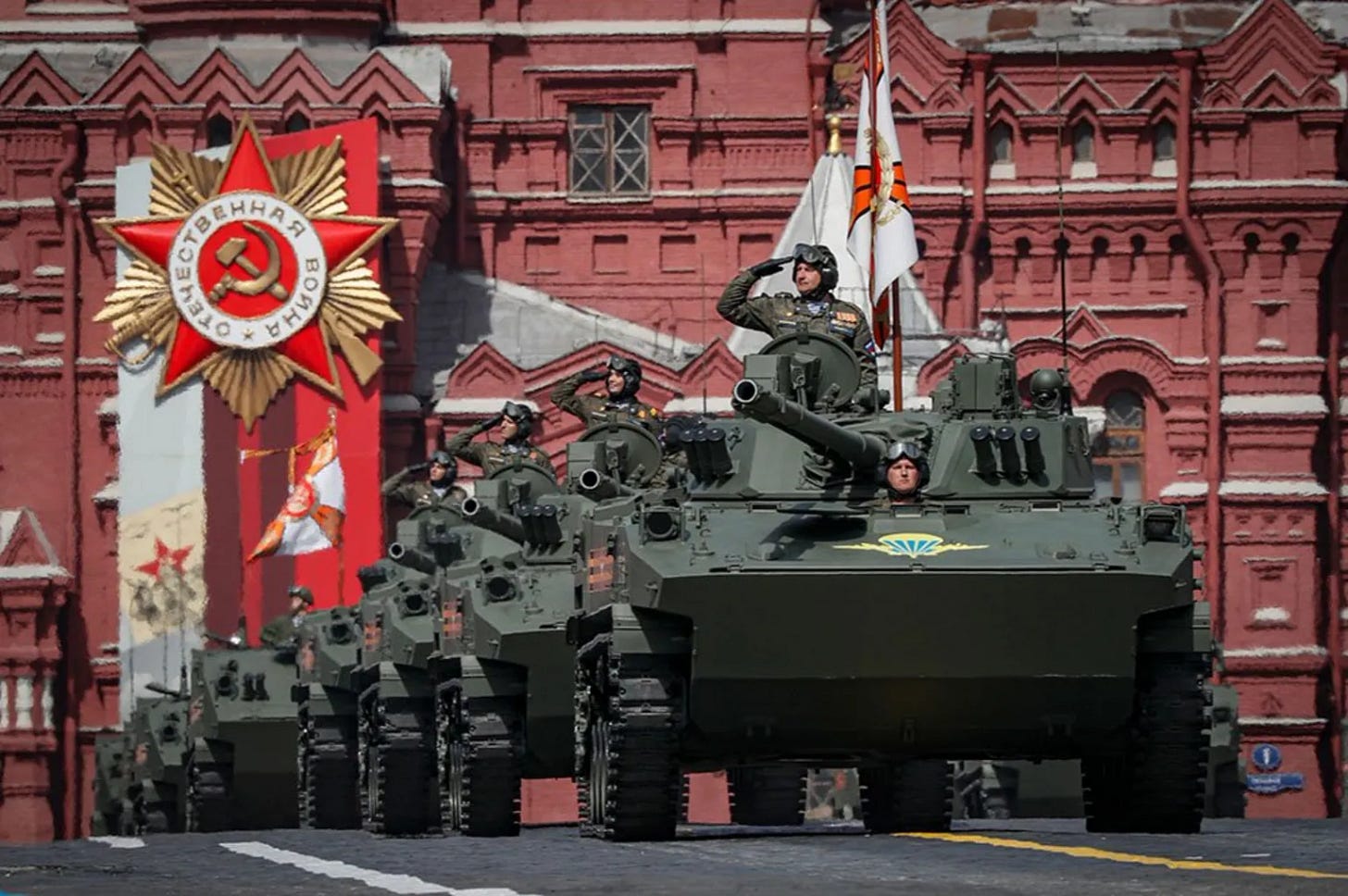



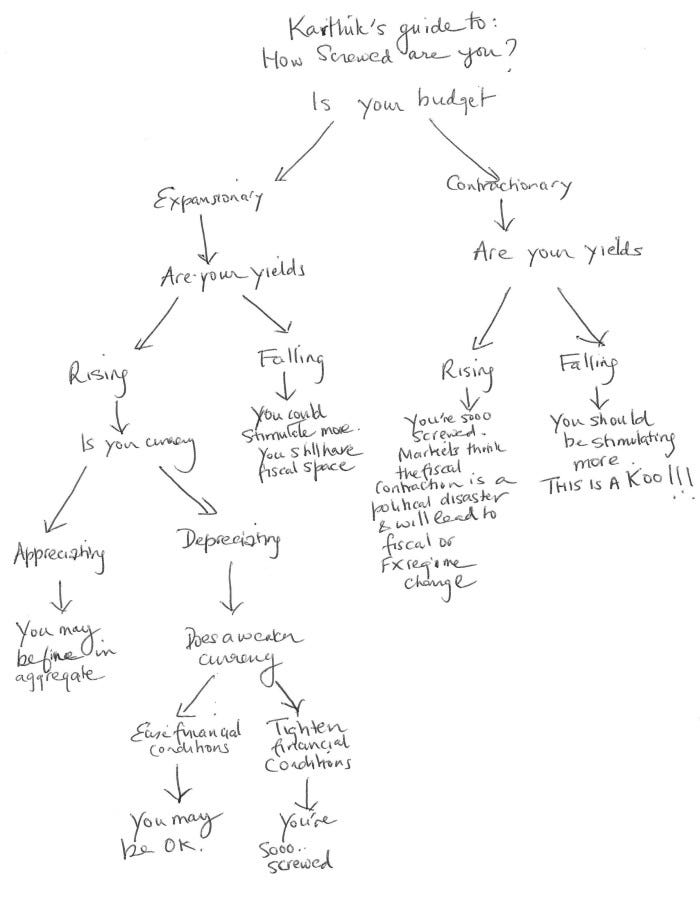


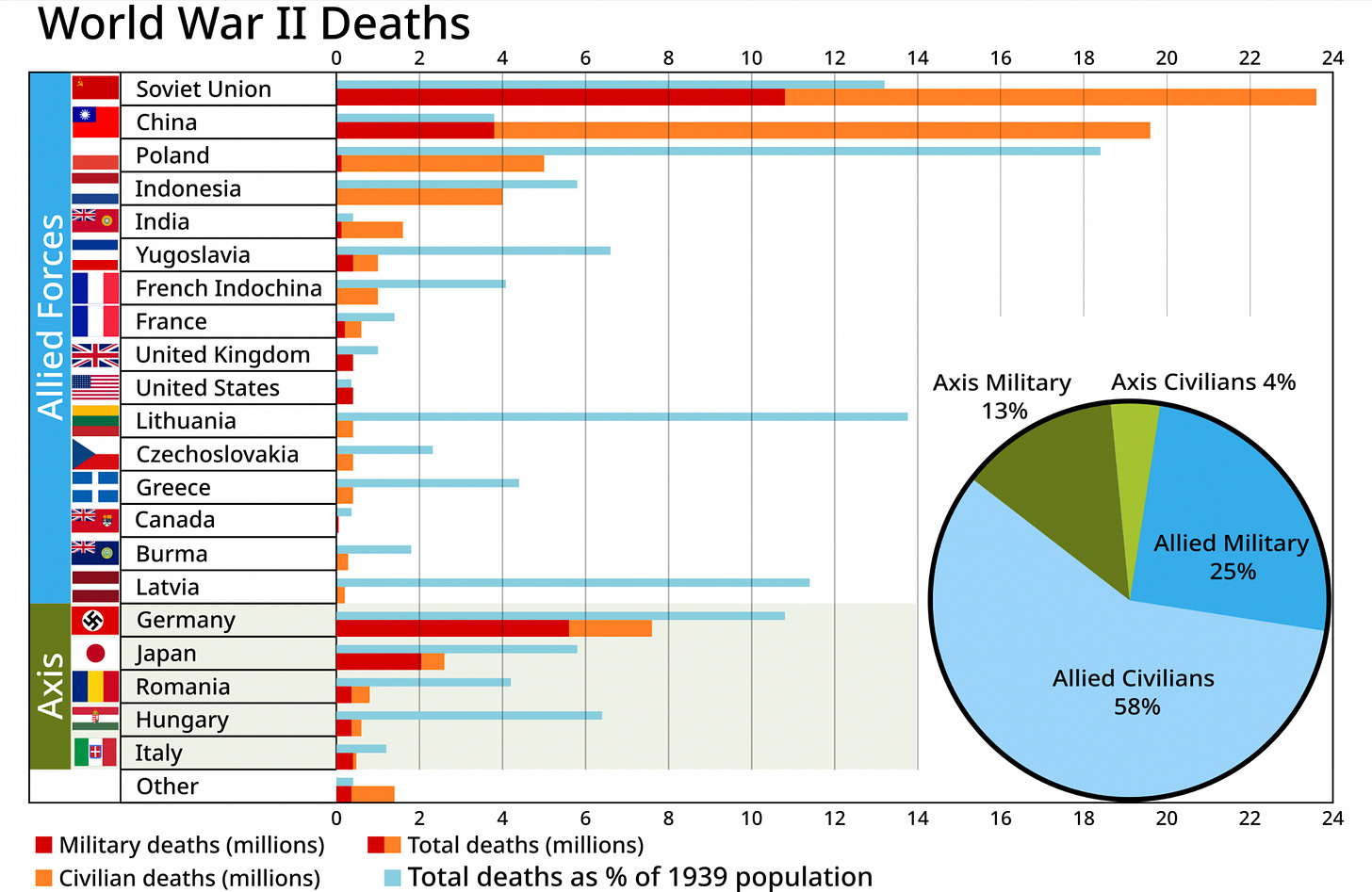
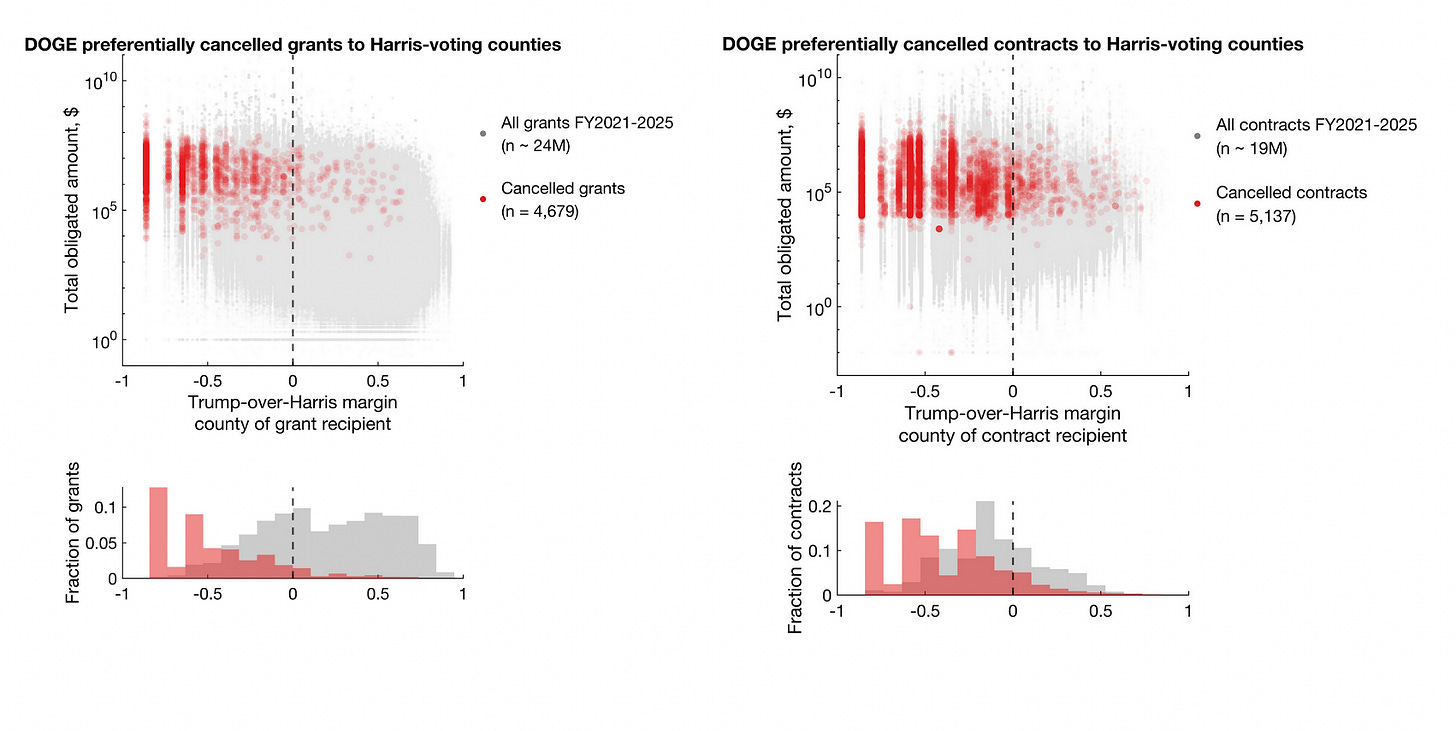




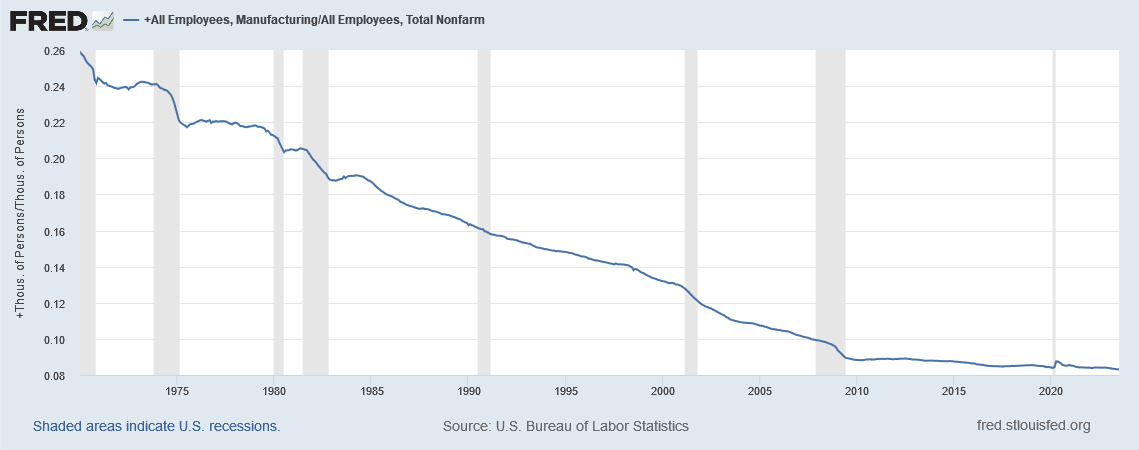
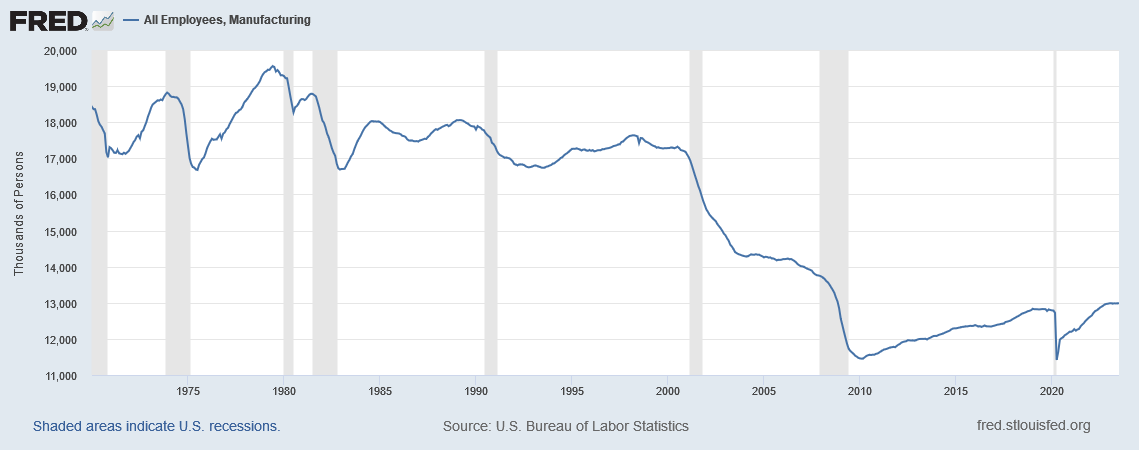

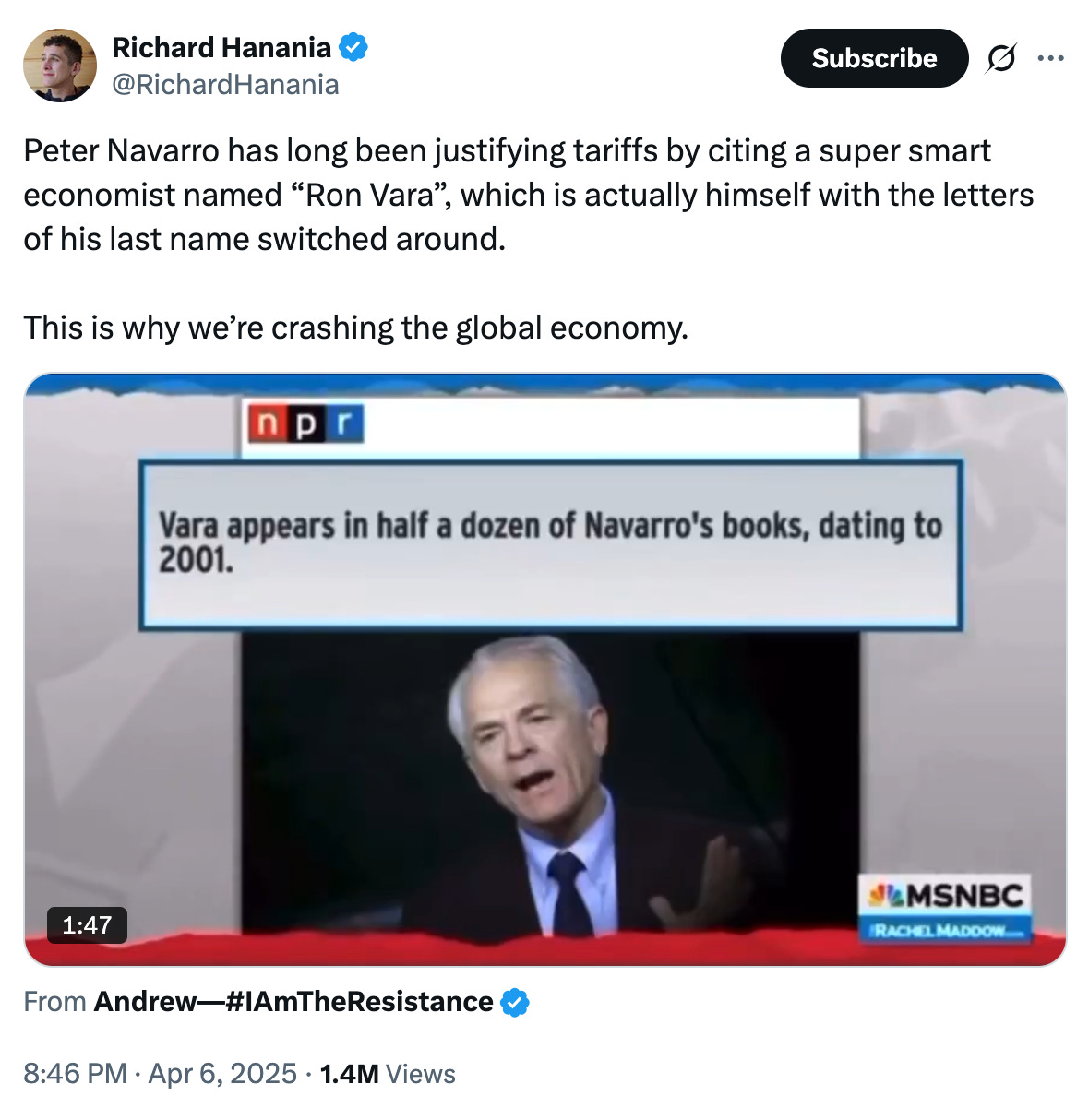
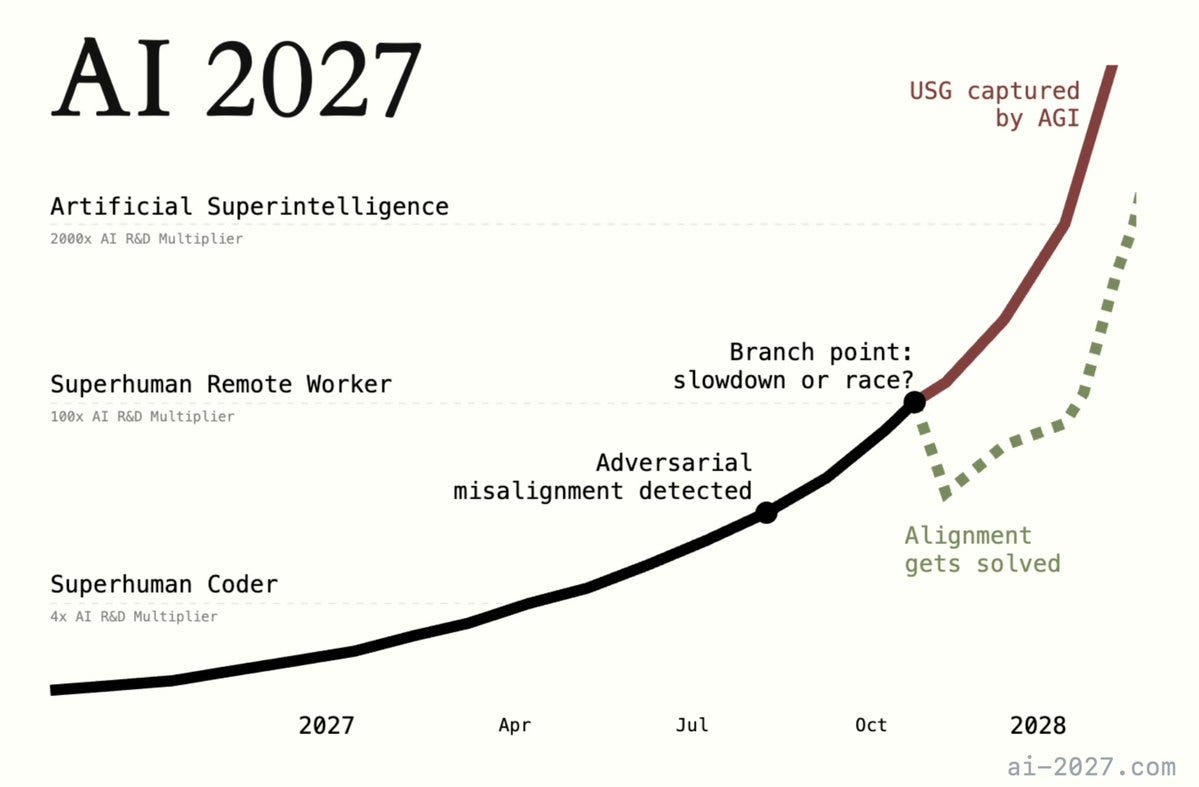





Not only is Mercury the mostest closest planet to Earth—it's the mostest closest to all the planets! The small orbit means it spends much less time very-far-away... it's about consistency! https://www.youtube.com/watch?v=SumDHcnCRuU
I see we read much of the same stuff!